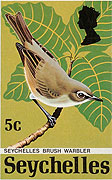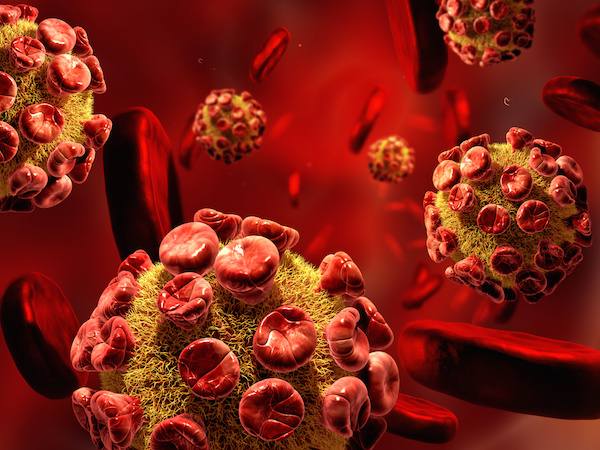
WEDNESDAY, July 28 (HealthDay News) — Infidelity may be a way for some female birds to increase their offspring’s chances of survival, the results of a new study suggest.
In many species, females pair up with a specific mate who helps raise their young. But in a wide range of animals, offspring may be sired by males other than the selected ‘social’ mate. The benefit of this behavior hasn’t been clear, researchers note in a report published July 27 in the journal Molecular Ecology.
In a 10-year study led by David Richardson of the University of East Anglia in England, the researchers looked at female Seychelles warblers, who pair with the same male for life but often prefer to be fertilized by other males. This female infidelity appears to improve the genetic quality of the offspring, the study authors noted.
Specifically, the fertilizations by an outside male can lead to a higher diversity of certain genes that detect disease and trigger an immune response in offspring. This means the young are likely to survive longer because they have greater resistance to a wider range of diseases, Richardson and colleagues explained in a news release from the university.
Still unknown, however, is how the female goes about choosing her extra mate, Richardson noted. “Experiments are needed to determine whether females actively choose . . . [males with more diverse disease-detecting genes] or whether other factors like male-male competition or sperm competition play a role,” he stated.
More information
Nature Seychelles has more about the Seychelles warbler.

